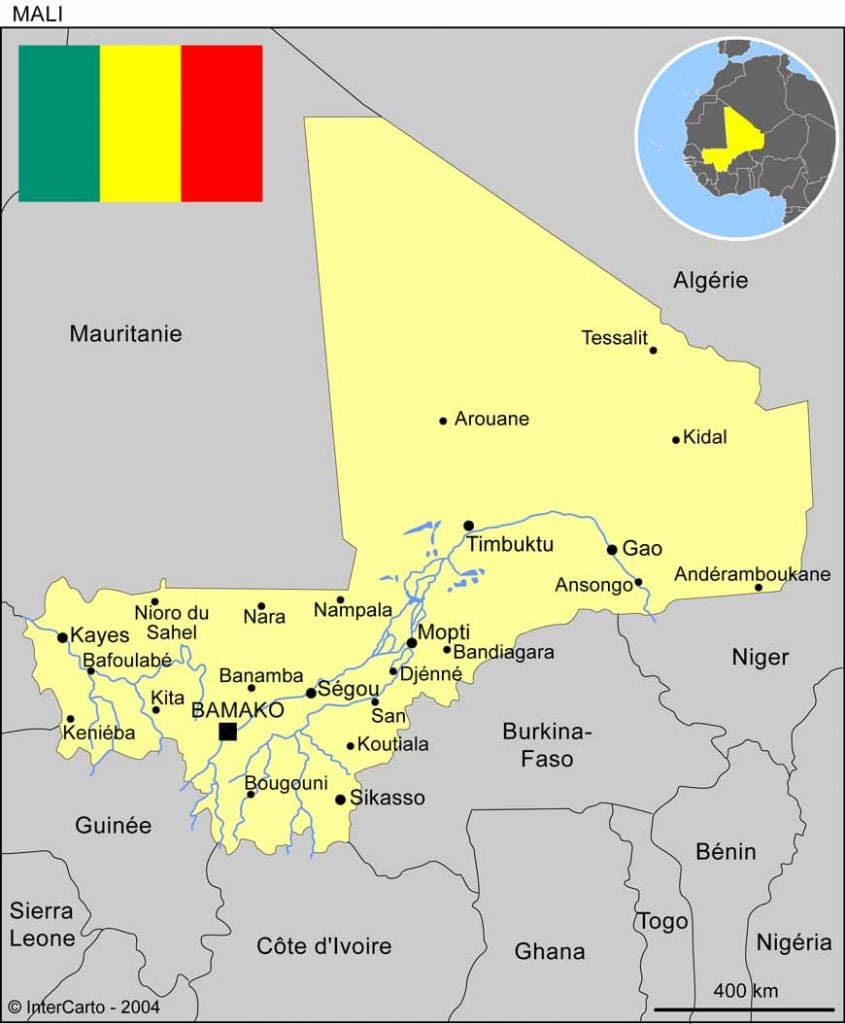In a statement to APA on Tuesday, the ICRC delegate Felix Santhoni described the March 23 incident in the village of Ogossagou as macabre.
“I was moved by the very young age of some of the victims, who were between one and three years old, and the fact that the majority of the injured were women. It was a macabre sight made of moans and bloody gaping wounds,” said Santhoni.
Jean-Nicolas Marti, the head of the ICRC delegation in Mali, said the Ogossagou pogrom is deeply worrying and the ICRC denounced it as totally unacceptable.
He said they are wary about the possibility of an exacerbation of inter-communal tensions in central Mali.
Mr. Marti also warned that such incidents “aggravate an already fragile security situation and have serious humanitarian consequences.”
As a result, the ICRC called on all actors “to exercise restraint, respect civilians and spare combatants who have stopped fighting.”
After the bloody attack on the Fulani village, the ICRC, in coordination with regional health officials, evacuated the wounded to the regional hospital in Mopti.
To cope with their welfare, the ICRC also provided medical equipment to Mopti hospital.
The International Committee of the Red Cross reported that in recent months it has considerably strengthened “its activities in central Mali targeting in communities most affected by the armed conflict and violence, particularly through medics at the Mopti regional hospital and emergency assistance to the displaced.
Immediately after the massacre in Ogossagou, the Malian government, meeting in an extraordinary Council of Ministers meeting, disbanded the Dan Nan Ambassagou Association, an armed group of Dogon hunters based in central Mali suspected of being the perpetrator of the killings.
In addition, the Malian executive has replaced those at the top of the national army hierarchy.


